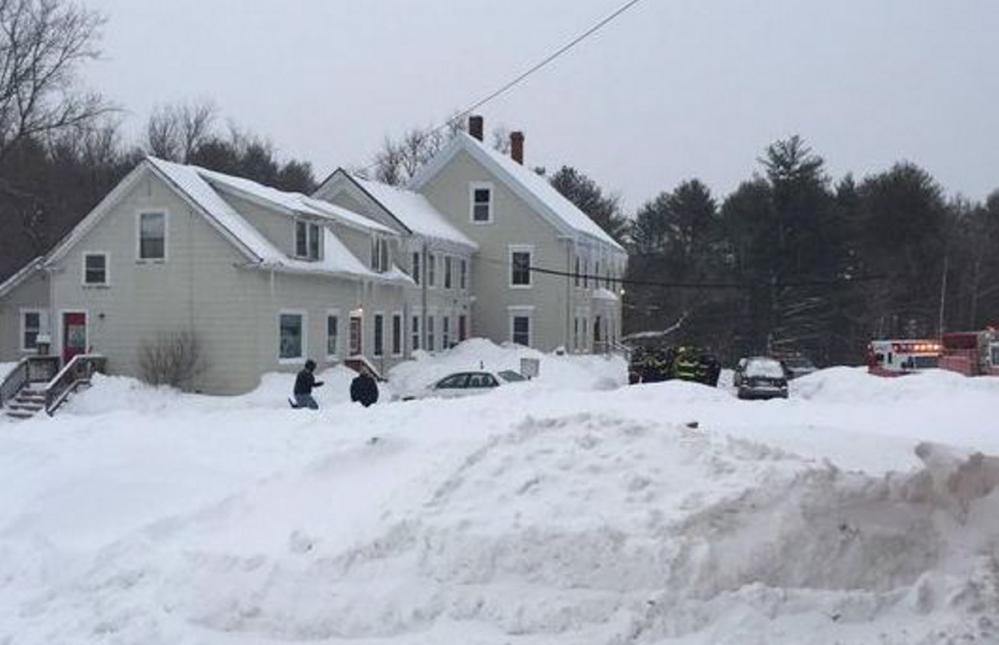The hazards of winter weather are most commonly associated with people who are traveling or people with no shelter from severe conditions.
But seasonal precipitation and cold can also pose a risk to people in their own homes – as we saw this week in Gorham, where the carbon monoxide poisoning of six residents has been blamed on a leaky apartment-house boiler whose exhaust was blocked by snow.
“There’s no question it could have ended up in multiple fatalities,” said town Fire Chief Robert Lefebvre. He shut down the six-unit building at 147 Plummer Road until the owners made needed upgrades; tenants were able to return the next day.
Last November’s deadly fire on Noyes Street in Portland, in an apartment building that violated city codes, has been a call to action. And Lefebvre’s rapid response to the incident in Gorham is in keeping with municipalities’ responsibility to ensure that all local residents have a safe place to live.
Carbon monoxide – a colorless, odorless gas found in combustion fumes – can go unnoticed until those who breathe it get sick or die. When firefighters were called to Plummer Road on Monday afternoon, they found a carbon monoxide level more than three times the allowed limit.
The Plummer Road building didn’t have the carbon monoxide detectors that the state mandates for all rental properties. Though building co-owner Donna Bolling disputed this and alleged that tenants disabled the detectors, official findings undercut the credibility of her account.
Donna and Peter Bolling were informed of the problem in a six-page letter issued by the town last April that included the lack of carbon monoxide detectors on a list of 19 safety violations found in an inspection. And the fire chief said that no detectors were in place when firefighters came out to the property Monday afternoon. Considering the lack of safety precautions, it’s fortunate that the building’s tenants weathered the incident without serious injury or worse.
Granted, the town didn’t do the follow-through needed to ensure that the issues were corrected. Last spring, the Bollings had 30 days to come up with a plan to address the violations – but the town didn’t follow up when the owners didn’t respond. That said, Gorham has had to cut back on spending, like many other Maine communities. And the fire department, which conducts all commercial, school and multi-family housing inspections in the town, hasn’t been immune.
Moreover, Chief Lefebvre was commendably quick to act Monday, declaring: “If I can avoid having a Noyes Street (incident) in the town of Gorham and I find a building that is in the shape of this one, I’m going to close it down.” With that sobering example in mind, the town of Gorham should consider how it could free up resources to enable official follow-up with violators of safety codes – it can literally be a matter of life and death.
Send questions/comments to the editors.


